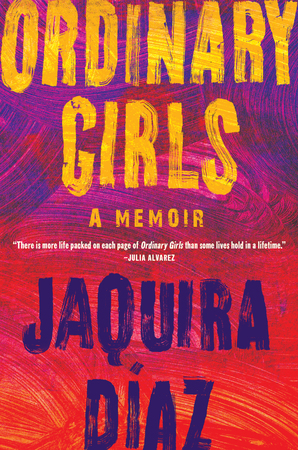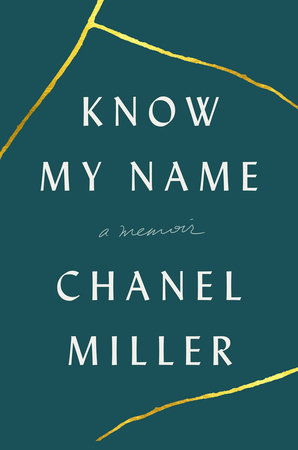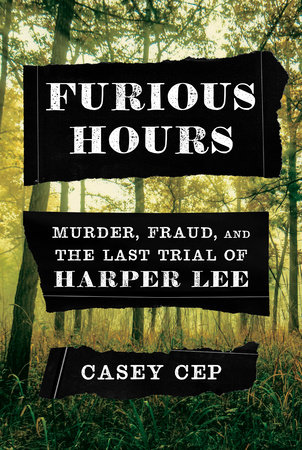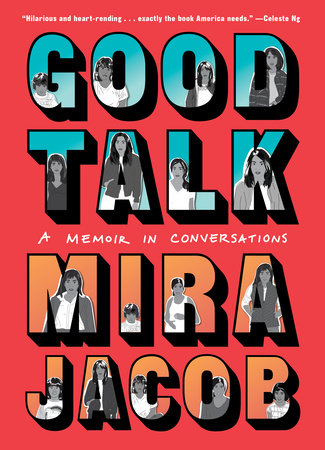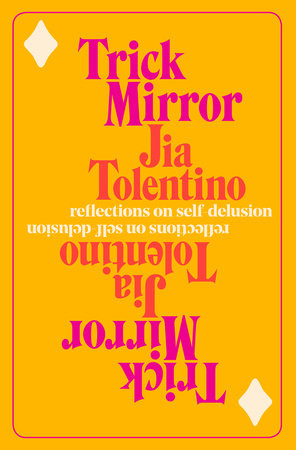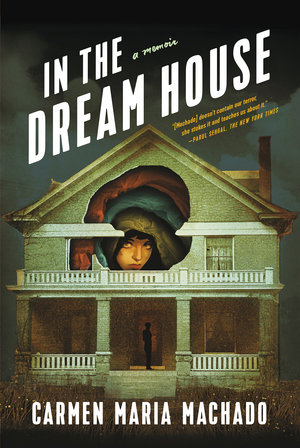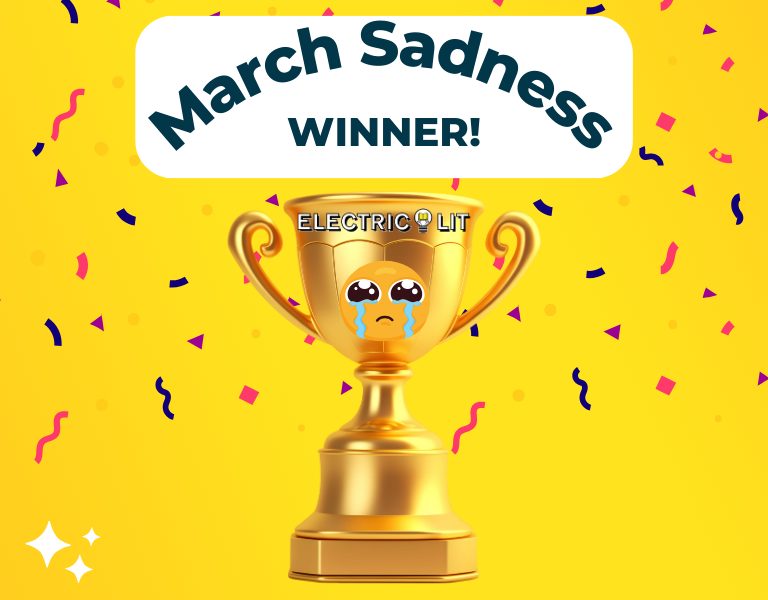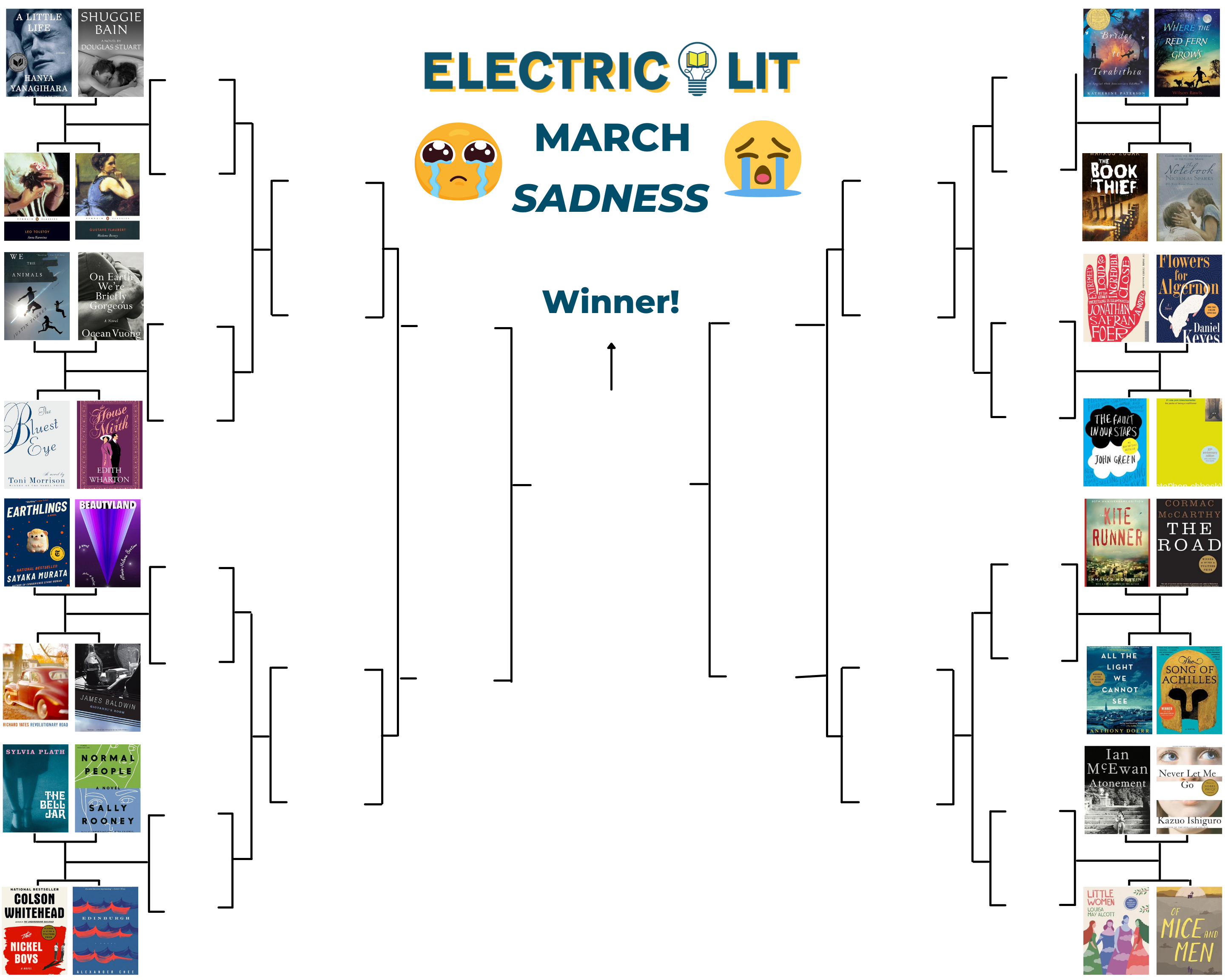Reading Lists
Electric Lit’s 15 Best Nonfiction Books of 2019
Staff and contributors recommend memoirs, essays, and reported work
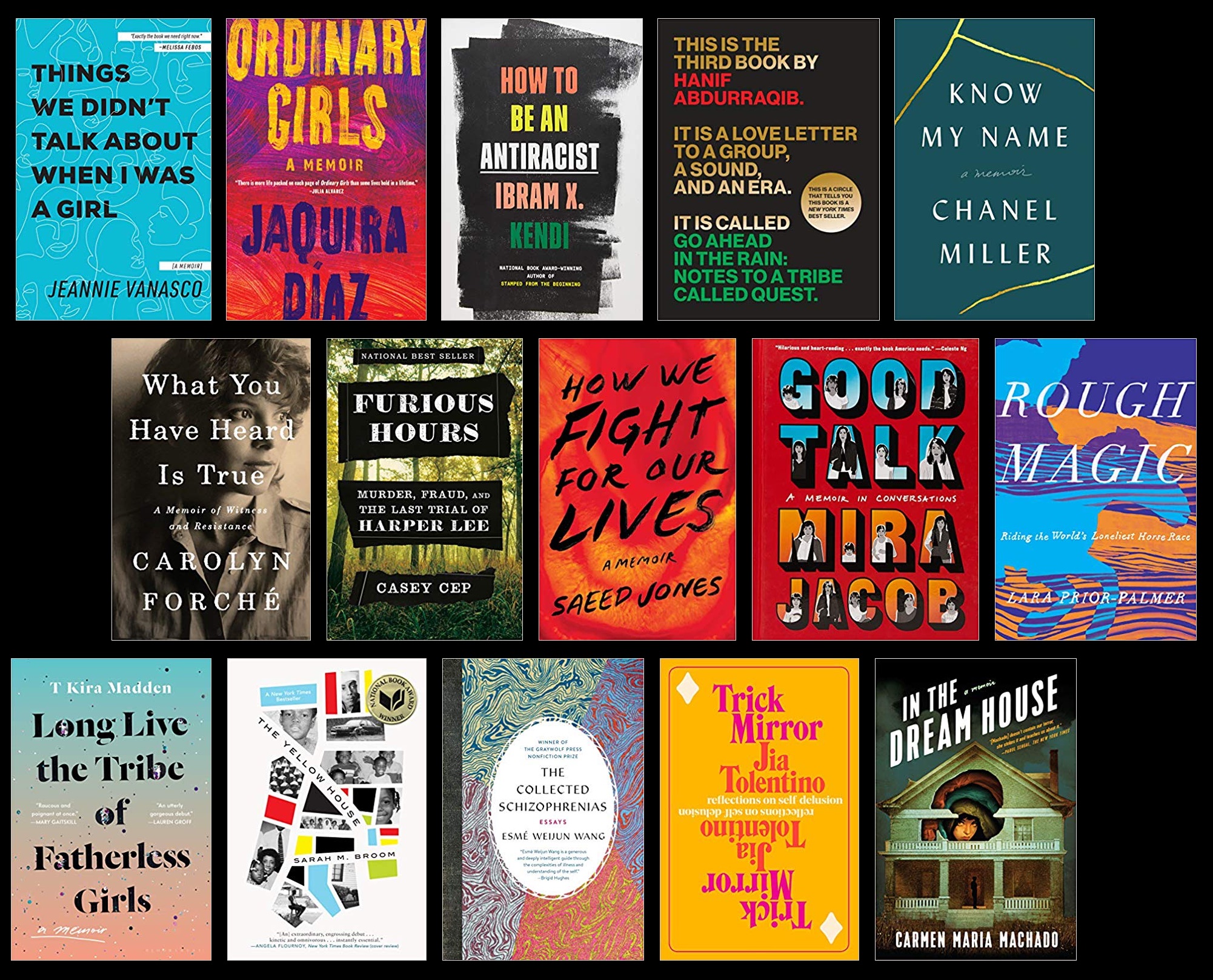
This was a year when a lot of us wanted to escape into fiction, but courageous nonfiction authors—and readers—still devoted themselves to looking reality full in the face. We asked Electric Literature staff and contributors to vote for their favorite books of the past year, and here, in ascending order, are their 15 top picks for essays, memoirs, and reporting.
Things We Didn’t Talk About When I Was a Girl, Jeannie Vanasco
When Jeannie Vanasco was nineteen, her close friend raped her at a party; fourteen years later, she decides to interview him about that night. A necessary book in the #MeToo era, this memoir asks complex questions about sexual assault and accountability, and what trauma looks like. Jeannie Vanasco’s editor interviewed her about the book.
Ordinary Girls, Jaquira Diaz
Diaz’s memoir tracks her childhood spent in both Puerto Rico and Florida, her mother’s struggle with schizophrenia, her friendships and depression and sexual assault, her time in the Marines and the breaking up of her family. Dynamic, moving, and full of life, this memoir is anything but ordinary. Read our interview with Jaquira Diaz about why she wanted to be “ordinary.”
How to Be an Antiracist, Ibram X. Kendi
This powerful book uncovers the way racism interacts with every facet of our society, and teaches readers to recognize and fight racism. Kendi uses history, ethics, law, and personal experience to expose the racism that is always present in our lives. Here’s our interview with Ibram X. Kendi.
Go Ahead in the Rain, Hanif Abdurraqib
In this self-proclaimed love letter to A Tribe Called Quest, Abdurraqib uses various genres to express what the rap group has meant to him throughout his life. While tracing the group’s career, Abdurraqib shows how the group affected both the musical and cultural scene of the 1990s, and how the group affected him personally. Find out more in our interview with Hanif Abdurraqib.
Know My Name, Chanel Miller
Miller’s memoir meditates on the nature of healing and the author’s quest to reclaim her life after a sexual assault. Although she was known as Emily Doe when she read her victim impact statement to Brock Turner, Chanel Miller uses this memoir to take back her name and shine a light on how victims of sexual assault are treated in America. Read an essay by Fiza Pirani about how Miller’s memoir teaches us about the value of staying in a traumatic moment instead of moving on right away.
What You Have Heard is True, Carolyn Forché
Short-listed for the National Book Award, Forché’s memoir follows her 27-year-old self as she travels to El Salvador with a mysterious man. Once there, Forché struggles to make sense of the horrors she sees in a country on the brink of war.
Furious Hours, Casey Cep
In the 1970s, Harper Lee returned to Alabama to watch and report on a criminal trial. Furious Hours combines the drama of true crime with the attentiveness of biography, and offers an analysis of both the Deep South and one of America’s most beloved authors.
How We Fight for Our Lives, Saeed Jones
Saeed Jones’ memoir ruminates on the intersections of race, sex, and sexuality as the author comes of age in the American south. With haunting prose and deep thoughtfulness, Jones reveals the ways we create ourselves over the course of our lives.
Good Talk, Mira Jacob
This graphic memoir recalls the tense conversations that Jacob has had throughout her life. From her own childhood to the 2016 election, Jacob uses both humor and honesty to answer her son’s questions about race. We interviewed Mira Jacob about the book and she also recommended five books for our Read More Women series.
Rough Magic, Lara Prior-Palmer
When Lara Prior-Palmer was nineteen, she entered the world’s longest, toughest horse race. With no formal training, Prior-Palmer spent ten days racing wild horses through the Mongolian grasslands, following a path carved out by Genghis Khan’s horse messengers, and became the first woman ever to win the Mongol Derby. Electric Lit executive director Halimah Marcus interviewed Lara Prior-Palmer.
Long Live the Tribe of Fatherless Girls, T Kira Madden
In her debut memoir, T Kira Madden describes her charged upbringing as a queer, biracial teen in Florida, the only child of parents struggling with addiction. This memoir spans years in Madden’s life and wrestles with the contradictions, complications, and powerful women that were central to the author’s life. Check out our interview with T Kira Madden.
The Yellow House, Sarah M. Broom
Winner of the 2019 National Book Award for Nonfiction, this family memoir spans a hundred years and explores the lesser-known corners of New Orleans. In this book, Broom takes readers into her family’s home and shows them the magic, chaos, and power the house exerts over her and her history. Here’s our interview with Sarah M. Broom.
The Collected Schizophrenias, Esme Weijun Wang
In her essay collection, Wang writes and unwrites about mental illness and how her diagnoses have affected her life. Both a personal memoir and an analytical work, this collection shows readers what it’s really like to live with schizophrenia. We interviewed Esme Weijun Wang about mental illness and disability.
Trick Mirror, Jia Tolentino
This essay collection covers the big issues from the milieu of millennial malaise, such as reality TV, the internet, and the art of the scam. Tolentino dips into modern culture with humor and sharp insight, and returns with shards of wisdom. Read our interview with Jia Tolentino here.
In the Dream House, Carmen Maria Machado
Machado’s genre-bending memoir tells the story of an abusive queer relationship through a collection of mini-essays, each adhering to a different genre. Reading this book is much like wandering through a haunted house and exploring its many strange rooms. For more, read our interview with Carmen Maria Machado, or Alice Lesperance’s essay about how In the Dream House pioneers the genre of gothic memoir.
Before you go: Electric Literature is campaigning to reach 1,000 members by 2020, and you can help us meet that goal. Having 1,000 members would allow Electric Literature to always pay writers on time (without worrying about overdrafting our bank accounts), improve benefits for staff members, pay off credit card debt, and stop relying on Amazon affiliate links. Members also get store discounts and year-round submissions. If we are going to survive long term, we need to think long term. Please support the future of Electric Literature by joining as a member today!





